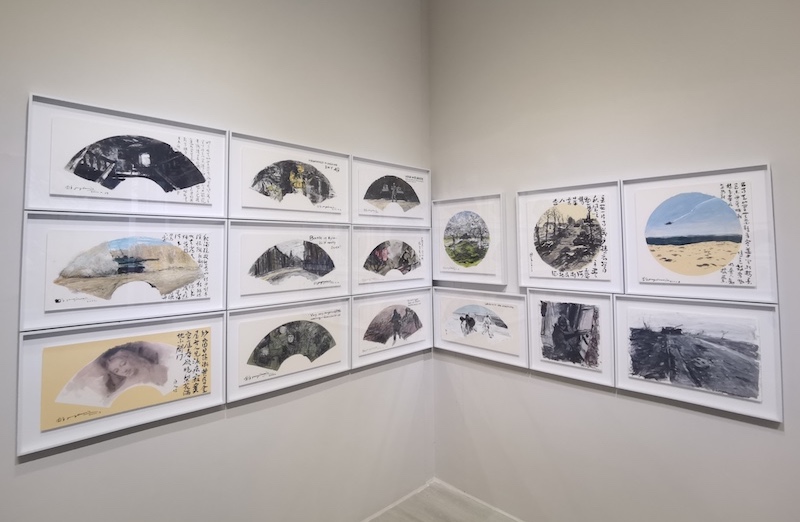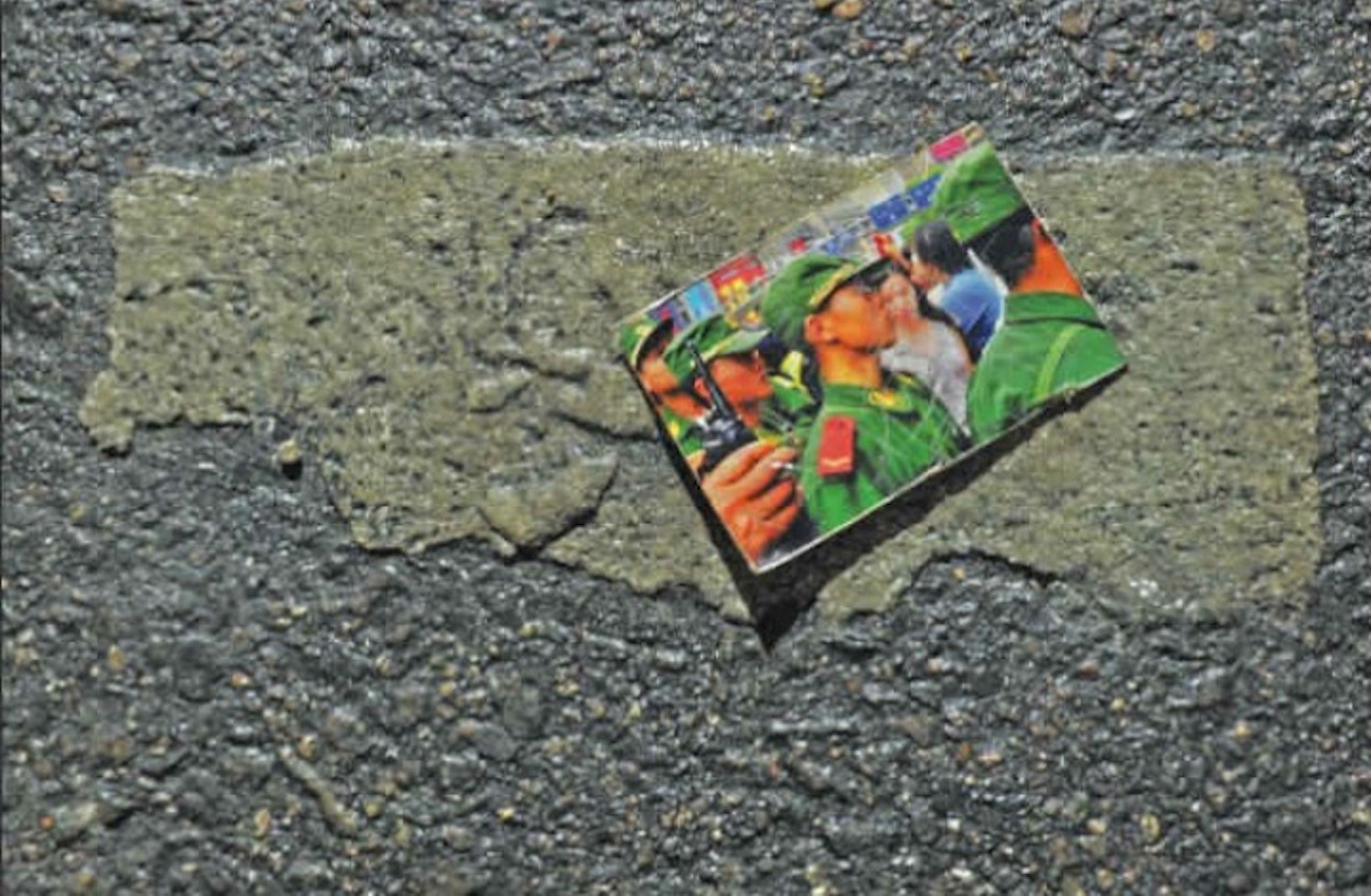A road trip with poetry – if that sounds like your kind of thing, then this is the book for you. Starting in Beijing, from where he heads straight to the birthplace of Confucius, author and poet Bill Porter travels around China by train and car over 30 days, paying tribute at the gravestones and memorials of as many of China’s great classical poets as he can.
Sometimes this takes him to national parks with pricey admission fees, but just as often he and a confused driver wander rural roads asking directions, or knock on locked gates hoping that someone lets them in. He even finds himself politely but firmly turned away from military bases that have subsumed a poet’s burial ground.
Porter, who goes by the pen name Red Pine (chi song, 赤松), is not your everyday American in China. He first went to Taiwan in 1972 to study in a monastery, and stayed for the next 22 years, traveling widely and becoming an expert in Buddhism and classical Chinese poetry.
 His translations, especially those of the poets known as Stonehouse and Cold Mountain, are renowned in the poetry world here, and while that doesn’t make him a household name even in China, he does get recognized from time to time on this trip.
His translations, especially those of the poets known as Stonehouse and Cold Mountain, are renowned in the poetry world here, and while that doesn’t make him a household name even in China, he does get recognized from time to time on this trip.
The schedule is pretty nonstop, and Porter always seems to be rushing to get to stations on time. No detail is skipped. For every day on his route, we find out where he sleeps, the trains he takes, his drivers and how much he pays them. It often reads like a diary, and it’s extremely repetitive.
It can seem like a bit of a grind, and perhaps that’s intentional. A typical day is: sort out transport, find a grave or other memorial, pay tribute to a poet, tell us a bit about said poet, give us a poem or two, find somewhere to sleep. Mundane details briefly leavened with great art.
The result is hypnotic, or perhaps dull; moving, or maybe maddening; important, or arbitrary. We really can’t decide; we’ve never read anything quite like it. It’s a great book to dip into for brief insights into the great poets and a taste of their works, some of which every schoolkid in China can recite. Names like Li Bai, Du Fu and Ruan Ji are known to all here.
The lives of so many of these poets followed a similar pattern of court acceptance, then disfavor and exile, while attempting to live up to Confucian ideals.
So many of the poems are about yearning for home, and so many of their creators simply can’t go with the flow and live a quiet and comfortable life. From their exile, they discover the consolations of solitude and natural beauty, far from the city hubbub.
This is certainly not a book for everyone. You’d want to be intrigued by the premise, and be interested in an unusual introduction to classical Chinese poetry. (If you are already fascinated by this poetry, you probably know who Red Pine is anyway.) This intricate, subtle verse, Porter says, “does what poetry does everywhere: it gives the human heart a voice.”
It’s a quibble, but for names we wish Porter had decided to use Pinyin; he employs the older WadeGiles system still used in Taiwan instead. This makes the book a little less user-friendly for most of us, and we get a bit confused about his whereabouts at times, as well as having to figure out the names of the poets. For example, Guilin becomes Kueilin and legendary poet and carouser Li Bai becomes Li Pai.
Here’s one thing the book is not: pretentious. Porter enjoys paying tribute to each poet with some good old Kentucky bourbon, and on the one-for-you-one-for-me basis gets a little lightheaded sometimes.
He’s writing for himself, not trying to give life lessons; there’s no search for greater meaning, he is just here to “honor the art.” He visited some of these places decades earlier, and the contrast between then and now can be striking, but he finds people much as they always have been.
The China travel book tends to be a young writer’s game, but Porter is in his 70s and he often feels it, taking great relish when the schedule allows an unexpected nap. There’s a valedictory feel to the book, a quiet look over a life spent with one clear focus.
He has plenty of years left in him, but this kind of trip probably won’t happen again. He’s clear-eyed and dry about it: “I wouldn’t recommend to anyone either the way I travel or the way I write.” A nasty accident that interrupts his journey for some time can’t have helped.
“I was just a pilgrim,” Porter concludes, and this is indeed his pilgrimage.
Bill Porter: Finding them Gone – Visiting China’s Poets of the Past (Copper Canyon Press) is available on Amazon.
For more of our book reviews, click here.





















0 User Comments